Urinary tract infections (UTIs) are common and affect many people. While it primarily affects women, it is also possible for men to experience UTIs. Pathogens that have entered the bladder from the outside usually cause this infection. UTI is also common in pregnant women as well as after sexual intercourse. Why? Keep reading, and you'll find out.
UTI stands for Urinary Tract Infection. Usually, the urinary tract is kept free from bacteria, with no microorganisms present. However, in some situations, microbes enter the urinary tract. UTI happens when germs from the rectum or skin enter the urethra, causing inflammation.
The urinary system comprises the kidneys, ureters, bladder, and urethra. UTI may concern any part of the urinary tract, but most commonly, it affects the bladder, causing cystitis. A severe problem can be when bacteria enter the ureter and reach the kidney(s), which leads to a kidney infection medically known as pyelonephritis.
Suppose a UTI happens at least twice in six months or three times within a year. In that case, it's called a recurrent urinary tract infections.
The most common cause of UTI is bacteria. Escherichia coli is responsible for more than 80%![]() of UTIs. Those bacteria naturally exist in the large intestine of humans. Bacteria in the intestines can be beneficial as they can aid in the formation of vitamins B and K and break down consumed food.
of UTIs. Those bacteria naturally exist in the large intestine of humans. Bacteria in the intestines can be beneficial as they can aid in the formation of vitamins B and K and break down consumed food.
Sometimes bacteria can travel from the anus to the tube that carries urine away from the body, causing a problem in the urinary tract.
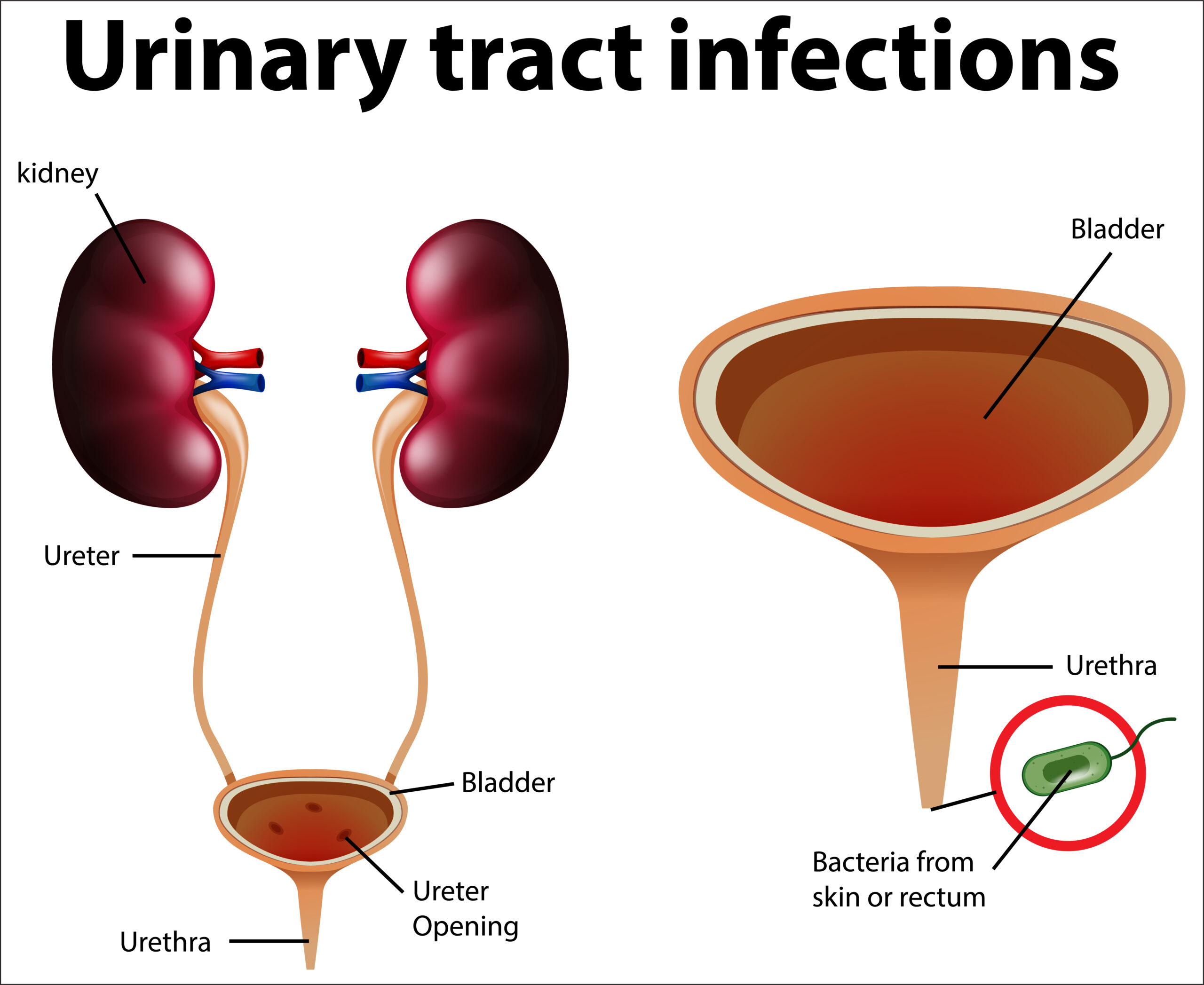
Other less common bacteria![]() that cause urinary tract infections are:
that cause urinary tract infections are:
A condition is more likely to have a complicated course if a bacterium other than E. coli causes the infection.
UTIs frequently accompany vaginal infections. The vagina and urethra are placed close to each other, making it easy for bacteria that are causing a vaginal infection to travel up to the bladder and cause a bladder infection.
Symptoms of the UTI include:
If the UTI concerns the kidneys (kidney infection), the symptoms that might present are:
However, it's important to note that bacteria in the urinary system don't always trigger symptoms of UTI. Suppose bacteria are present in the tests, and there are no symptoms of infection. In that case, medical professionals classify it as asymptomatic bacteriuria![]() , which typically does not require treatment.
, which typically does not require treatment.
Around 60% of adult women![]() have at least one urinary tract infection. This happens due to UTI in women, which is much more common than in men.
have at least one urinary tract infection. This happens due to UTI in women, which is much more common than in men.
This happens since the female urethra![]() is much shorter than the male urethra – the urethra comes to approximately 4 cm ( 1.5 inches) in ladies and 20 ( 8 inches) in men.
is much shorter than the male urethra – the urethra comes to approximately 4 cm ( 1.5 inches) in ladies and 20 ( 8 inches) in men.
In ladies, microscopic organisms that enter the urethra have a shorter removal to reach the bladder than men. As a result, these microscopic organisms are more likely to cause UTIs.
Sexually active ladies are more likely to develop a UTI since microscopic organisms from the skin and perianal range enter the urethra amid sex.
Diabetes![]() is a disease involving too high blood sugar levels. Urinary tract diseases are more common in individuals who have diabetes since there's glucose (sugar) present in their pee. Bacteria need glucose as fuel to grow and divide, so they grow more rapidly in the urine with high glucose content.
is a disease involving too high blood sugar levels. Urinary tract diseases are more common in individuals who have diabetes since there's glucose (sugar) present in their pee. Bacteria need glucose as fuel to grow and divide, so they grow more rapidly in the urine with high glucose content.
Furthermore, the work of the immune system is disturbed when hyperglycemia occurs, which means that the body's defense system may struggle with fighting germs that cause UTI. Proper blood sugar control in people with diabetes reduces the risk of developing urinary tract infections.
There are a few reasons why urinary tract infections are more common in pregnant women. During pregnancy, the enlarging uterus presses on the elements of the urinary tract, causing stagnation of urine. A UTI in pregnancy![]() is also associated with the hormonal changes that occur during this period. Increased concentrations of sex hormones cause relaxation of the urinary tract muscles, promoting urinary stasis and, thus, infections.
is also associated with the hormonal changes that occur during this period. Increased concentrations of sex hormones cause relaxation of the urinary tract muscles, promoting urinary stasis and, thus, infections.
In addition, pregnancy is when the body's immunity is lowered. This condition can also predispose you to UTI because the immune system cannot attack bacteria that enter the urinary tract.
The higher risk of UTI in women after menopause![]() is mainly associated with hormonal changes (estrogen deficiency) and connective tissue aging, which makes the bladder prone to pee stagnation.
is mainly associated with hormonal changes (estrogen deficiency) and connective tissue aging, which makes the bladder prone to pee stagnation.
Although UTI is less frequent in men, specific conditions of the male reproductive system may increase its incidence. One of these is an enlarged prostate![]() .
.
The prostate gland, placed below the bladder, plays a vital role in the male reproductive system. An enlarged prostate blocks urine flow, leading to complications at various levels of the urinary system. At its lowest, an untreated enlarged prostate can lead to recurrent urethral and bladder infections.
Sometimes, a child is born with an irregular urinary tract, which can concern any part of the urinary system. Children with urinary tract development disorders often develop a condition called vesicoureteral reflux![]() . This situation means that the pee in the bladder is returned to the ureters, predisposing to urinary tract infections.
. This situation means that the pee in the bladder is returned to the ureters, predisposing to urinary tract infections.
People who use catheters![]() have a higher risk of UTI development. A catheter inserted in the urethra facilitates the transfer of bacteria from the skin to the inside of the urinary system.
have a higher risk of UTI development. A catheter inserted in the urethra facilitates the transfer of bacteria from the skin to the inside of the urinary system.
The period the catheter is used is directly proportional to the increase in the risk of UTI. Therefore, experts recommend that the use of the catheter should be limited to the necessary minimum and that while using it, follow the rules of hygiene to prevent infections.
Birth control![]() that contains spermicide increases the risk of UTI. These methods include diaphragms, spermicide gels and creams, condoms coated with spermicide, and cervical caps.
that contains spermicide increases the risk of UTI. These methods include diaphragms, spermicide gels and creams, condoms coated with spermicide, and cervical caps.
Some people have weak immune systems (immunocompromised)![]() , predisposing them to UTIs. If the defense system is weak, it doesn't fight bacteria causing UTIs well enough.
, predisposing them to UTIs. If the defense system is weak, it doesn't fight bacteria causing UTIs well enough.
Conditions associated with a weakened immune system include leukemia, AIDS (a disease caused by HIV), cancer treatment, and people after organ transplants who receive medicine that suppresses the immune system.
The presence of specific indicators in the urine may indicate a urinary tract infection, such as:
Urine culture![]() involves growing bacteria in the urine and checking which antibiotics are sensitive to them to apply targeted therapy.
involves growing bacteria in the urine and checking which antibiotics are sensitive to them to apply targeted therapy.
Sometimes, frequent urinary tract infections are caused by abnormalities![]() in the structure of the urinary system. The doctor may order various scans to assess the urinary system, including ultrasound, CT scan, or MRI.
in the structure of the urinary system. The doctor may order various scans to assess the urinary system, including ultrasound, CT scan, or MRI.
UTI is treated with antibiotics. Antibiotics![]() that are used for UTI treatment include:
that are used for UTI treatment include:
It's essential to take antibiotics as directed by your physician. Self-discontinuation of therapy may lead to the development of antibiotic-resistant bacteria.
You can use OTC painkillers such as paracetamol or ibuprofen to relieve pain during UTI. Your symptoms should pass within 3 to 5 days.
Aside from pharmacological treatment, there are some home remedies you can do to relieve symptoms of UTI and speed up recovery. These home remedies include:
In the case of asymptomatic bacteriuria, which means that the bacteria are found in the urine test but there are no symptoms of UTI, treatment is usually unnecessary. The risk of developing antibiotic-resistant bacteria outweighs the benefits of treating an asymptomatic infection. The exception when this situation needs to be treated is pregnancy.
Urinary tract infection, even without the presence of symptoms, in pregnant ladies should be treated as it can lead to problems such as premature birth or low birth weight. Not all antibiotics are safe during pregnancy, and the doctor decides on treatment in each case.

Sepsis![]() appears to result from an overreaction of the immune (defense) system to the infection, which may result in failure of many organs and even death. Severe UTI is one of the frequent causes of sepsis.
appears to result from an overreaction of the immune (defense) system to the infection, which may result in failure of many organs and even death. Severe UTI is one of the frequent causes of sepsis.
Untreated UTI can result in renal scarring, lasting kidney damage, the development of kidney disease down the road, and high blood pressure. Especially in children, treating UTI as soon as possible is crucial.
If UTI appears during pregnancy![]() , it can result in low birth weight of the child or premature birth. That's why every case of UTI in pregnant women requires treatment.
, it can result in low birth weight of the child or premature birth. That's why every case of UTI in pregnant women requires treatment.
Drinking fluids regularly, especially water, helps with UTI prevention. Women should drink 2.5 liters of water daily, and men 3 liters a day![]() . During intense exercise and hot weather, this amount increases to 4-5 liters daily. Drinking enough water makes you pee regularly and flushes bacteria out of your bladder.
. During intense exercise and hot weather, this amount increases to 4-5 liters daily. Drinking enough water makes you pee regularly and flushes bacteria out of your bladder.
The most critical factor that predisposes to infection is sexual intercourse. However, a UTI can also occur in women who have never had sex.
Bacteria from the man's body and those from the woman's anus and perineum are transferred to the woman's urethra during sexual intercourse.
So, to prevent UTI, it's crucial to pee after sex as soon as possible. This way, you'll flush the bacteria from the urethra before they multiply in the bladder.
Experts suggest that eating cranberry![]() and drinking cranberry juice helps prevent UTIs in people with a high risk of acquiring this infection. Cranberry contains a substance that makes it difficult for bacteria to adhere to the bladder wall, thus helping get rid of bacteria from the urinary tract before it gets to do the damage.
and drinking cranberry juice helps prevent UTIs in people with a high risk of acquiring this infection. Cranberry contains a substance that makes it difficult for bacteria to adhere to the bladder wall, thus helping get rid of bacteria from the urinary tract before it gets to do the damage.

Have you ever held back from peeing, for example, to avoid using a public restroom? Paradoxically, such behavior promotes the development of urinary tract infections. Holding urine for too long makes it easy for bacteria to multiply. Therefore, healthy toilet habits![]() help prevent the evolution of the disease. These habits include:
help prevent the evolution of the disease. These habits include:
Suppose you suffer from recurrent urinary tract infections. In that case, your doctor might prescribe you an oral vaccine![]() which is an extract of Escherichia Coli called OM-89. The oral vaccine stimulates the immune system's response, increasing its effectiveness in the fight against bacteria causing UTIs.
which is an extract of Escherichia Coli called OM-89. The oral vaccine stimulates the immune system's response, increasing its effectiveness in the fight against bacteria causing UTIs.
Due to the increased risk of UTI associated with certain types of birth control, experts advise choosing a birth control method that doesn't include spermicide.
If you experience symptoms of UTI, you should contact your GP. You should also consult a doctor if there is no improvement after treatment, if symptoms recur, or if inflammation occurs at least three times a year.
Furthermore, the alarming symptoms that you should always consult with a doctor about if they appear during UTI are:
Those symptoms suggest that the UTI may affect the kidneys and require medical help as it might be dangerous.
A visit to the GP is likely enough to diagnose and treat uncomplicated urinary tract infections. However, if the UTIs are recurrent, the symptoms are severe and long-lasting, or the complications occur, more specialized medical help may be necessary. A specialist in diseases of the urinary system is called a urologist. A doctor who specializes in kidney diseases is a nephrologist.
Table of Contents
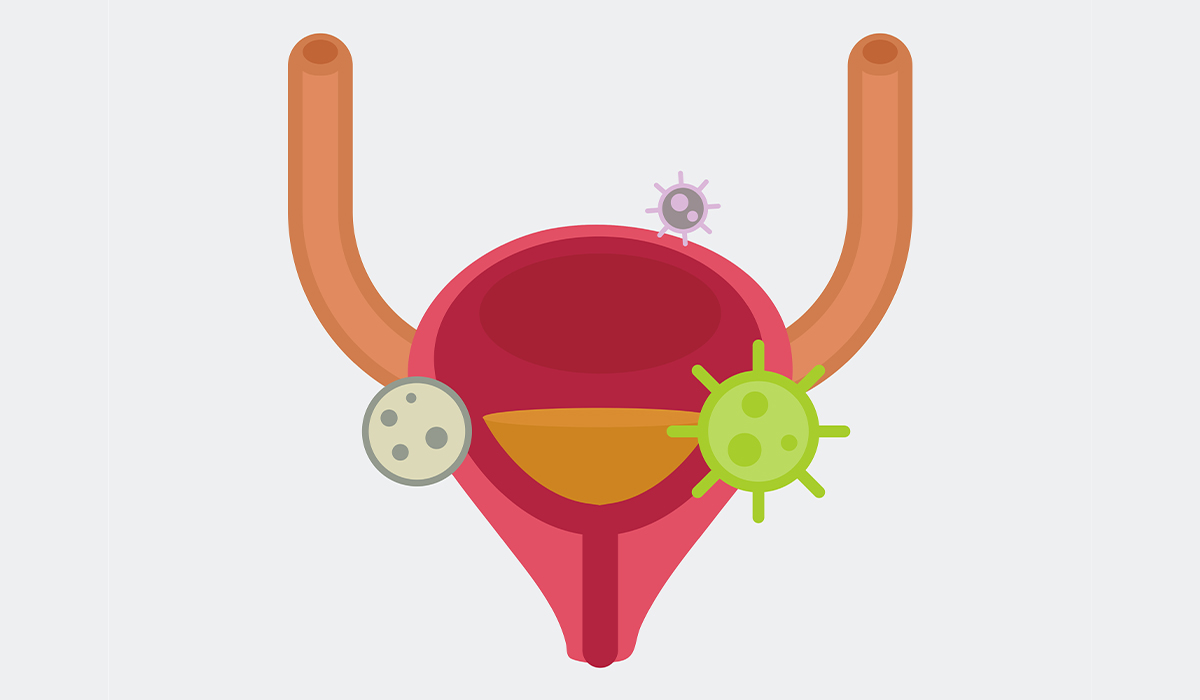
A bladder infection, also known as cystitis, is a type of urinary tract infection that occurs when bacteria enter and… read more »

Of the many urinary tract diseases, the entity with the most unclear aetiology and difficult to diagnose is interstitial cystitis.… read more »
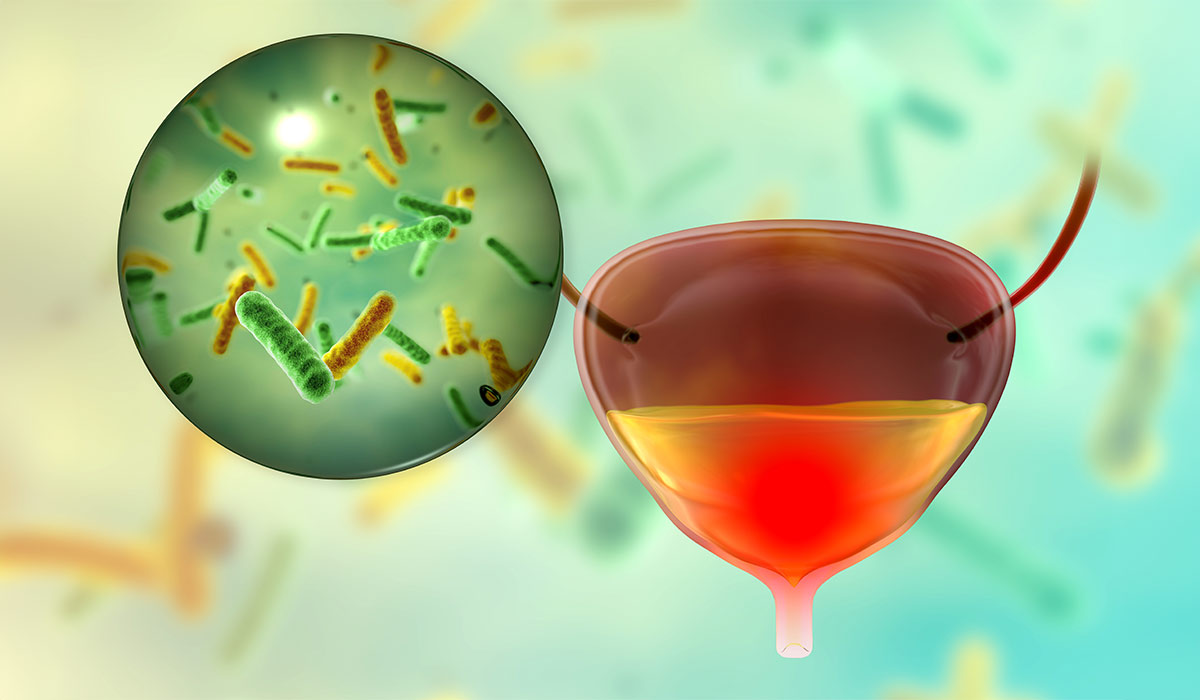
Cystitis is an infection of the bladder that develops when the bladder gets inflamed. Telltale signs of this medical condition… read more »
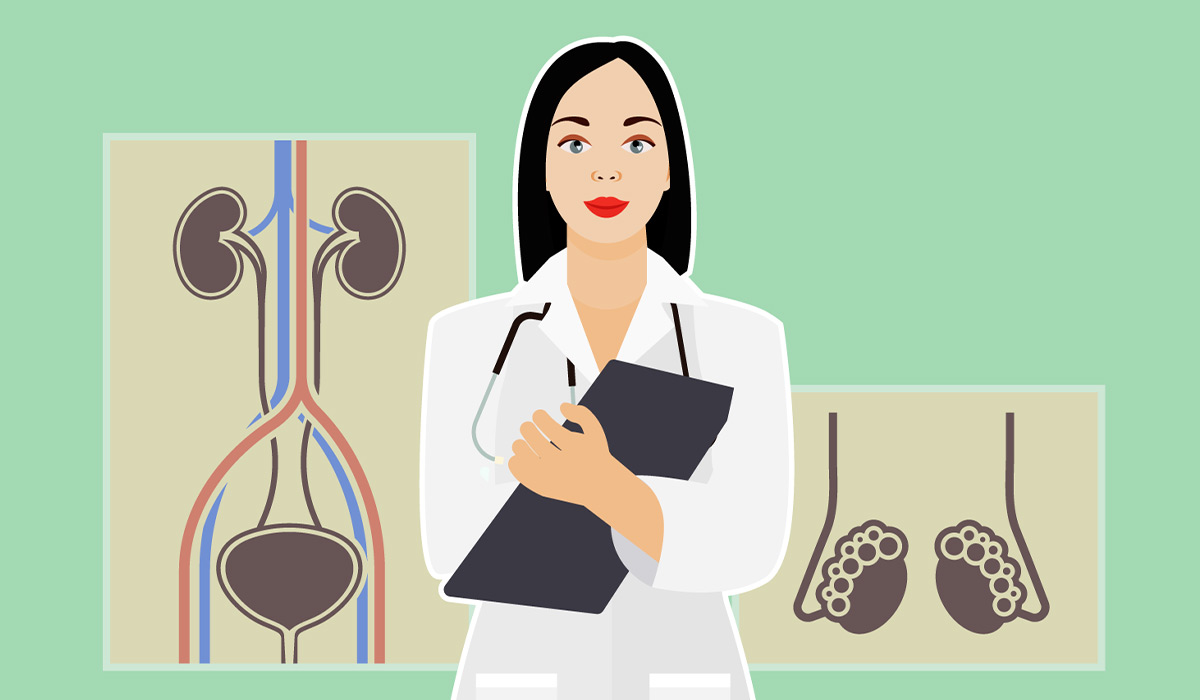
An urologist is a doctor who specializes in the conclusion, administration, and research of issues relating to the male reproductive… read more »
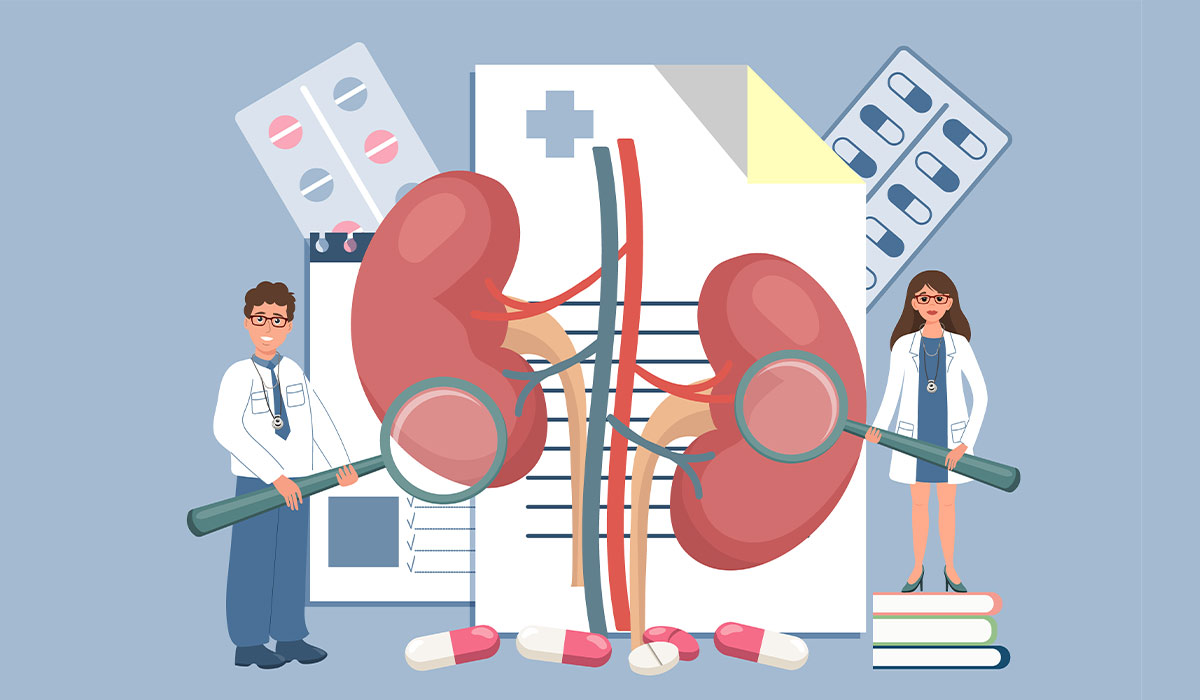
Hydronephrosis is a disease that can have serious complications. Find out how to recognise the condition so that appropriate treatment… read more »
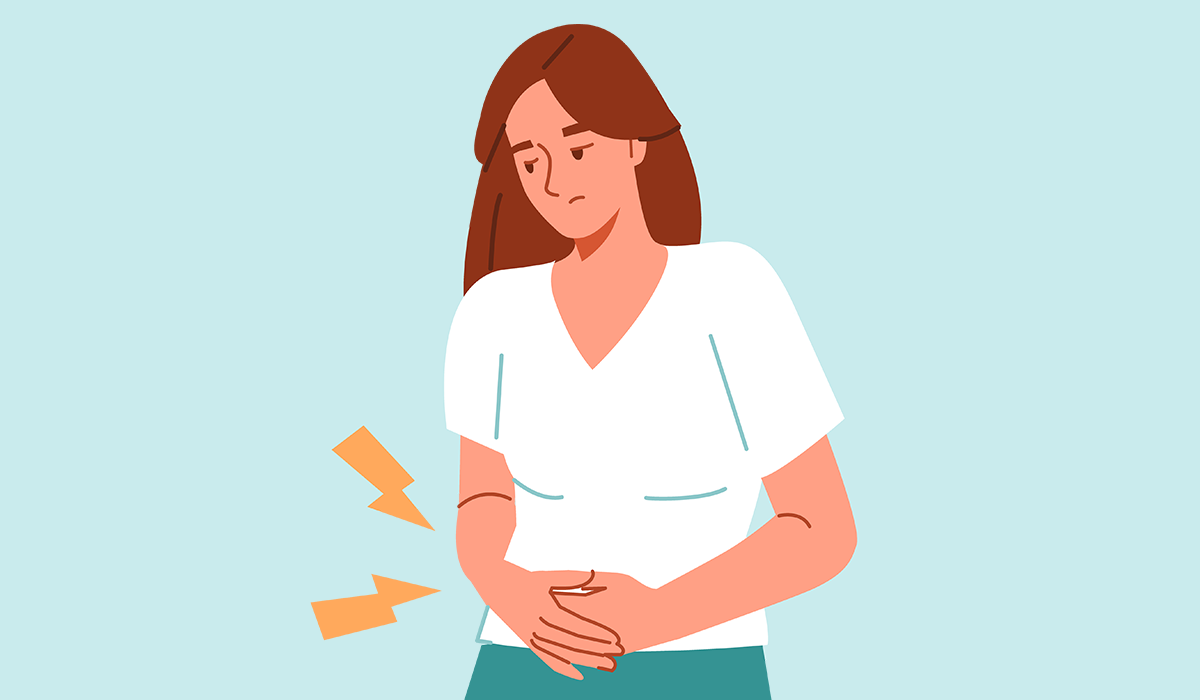
Bladder pain, regularly called bladder pain syndrome (BPS) or interstitial cystitis (IC), is a confusing and sometimes exceptionally genuine condition.… read more »
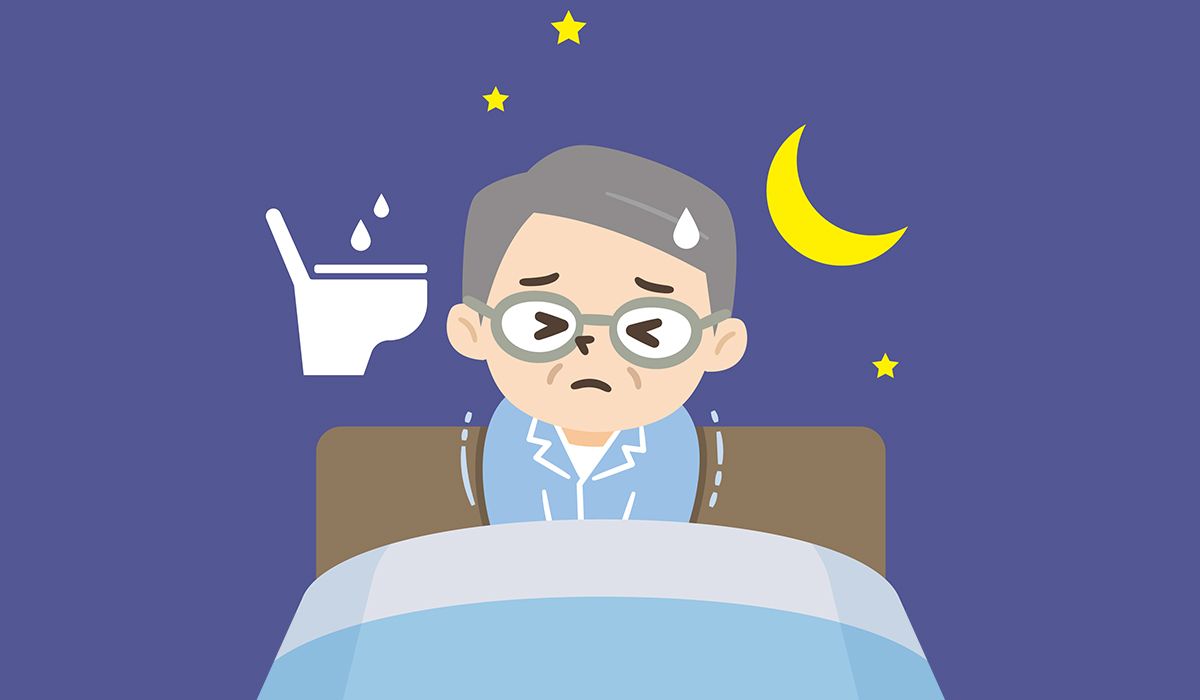
Frequent urination implies that an individual needs to pee more frequently than normal. That can mess up their day-by-day exercises… read more »
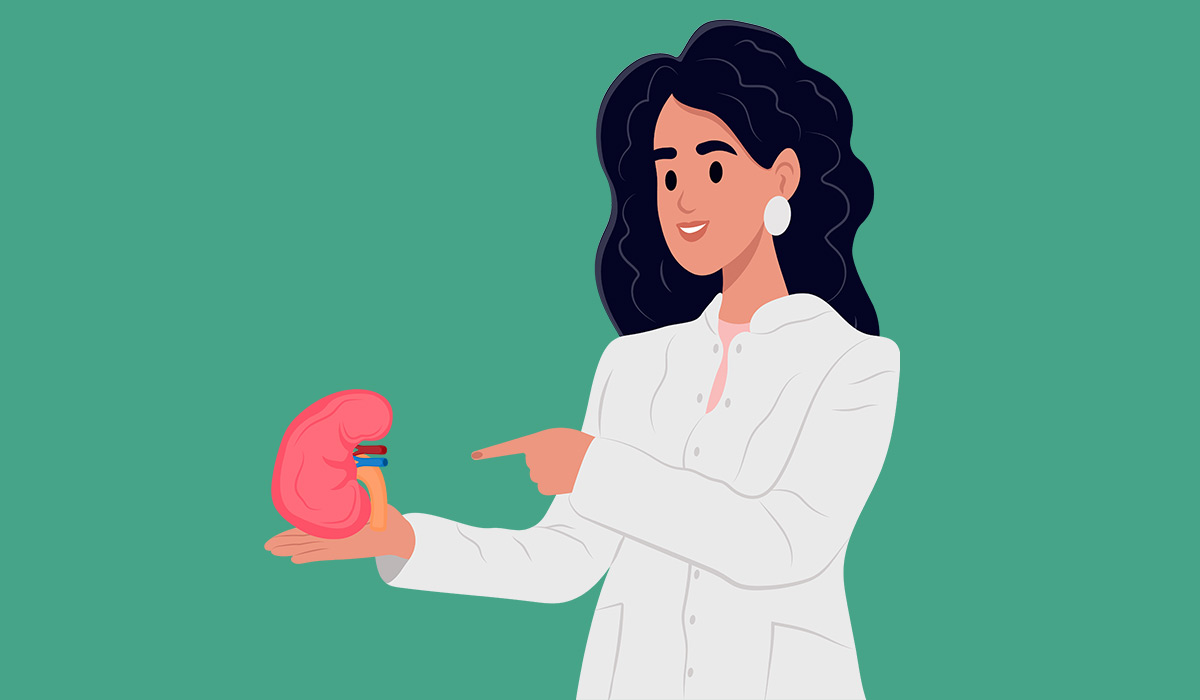
A nephrologist is a doctor who deals with the kidneys and urinary system. Many symptoms can indicate various diseases related… read more »
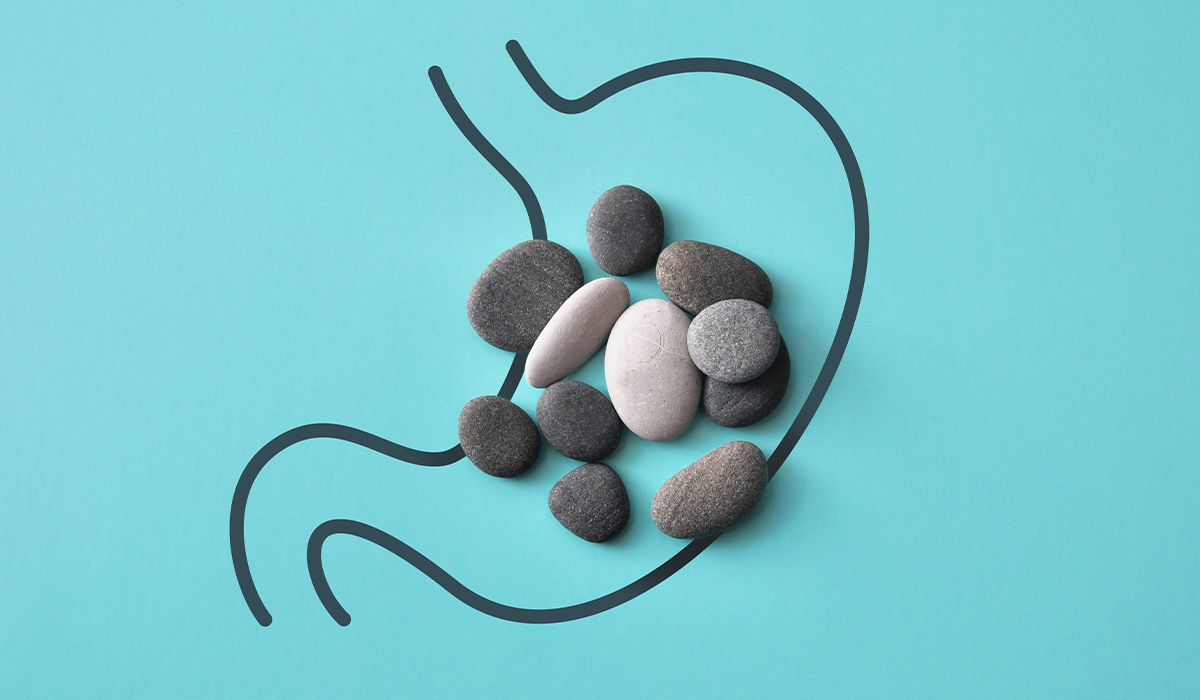
Kidney stones can form for a variety of reasons. Learn about factors that increase the risk of kidney stones. See… read more »